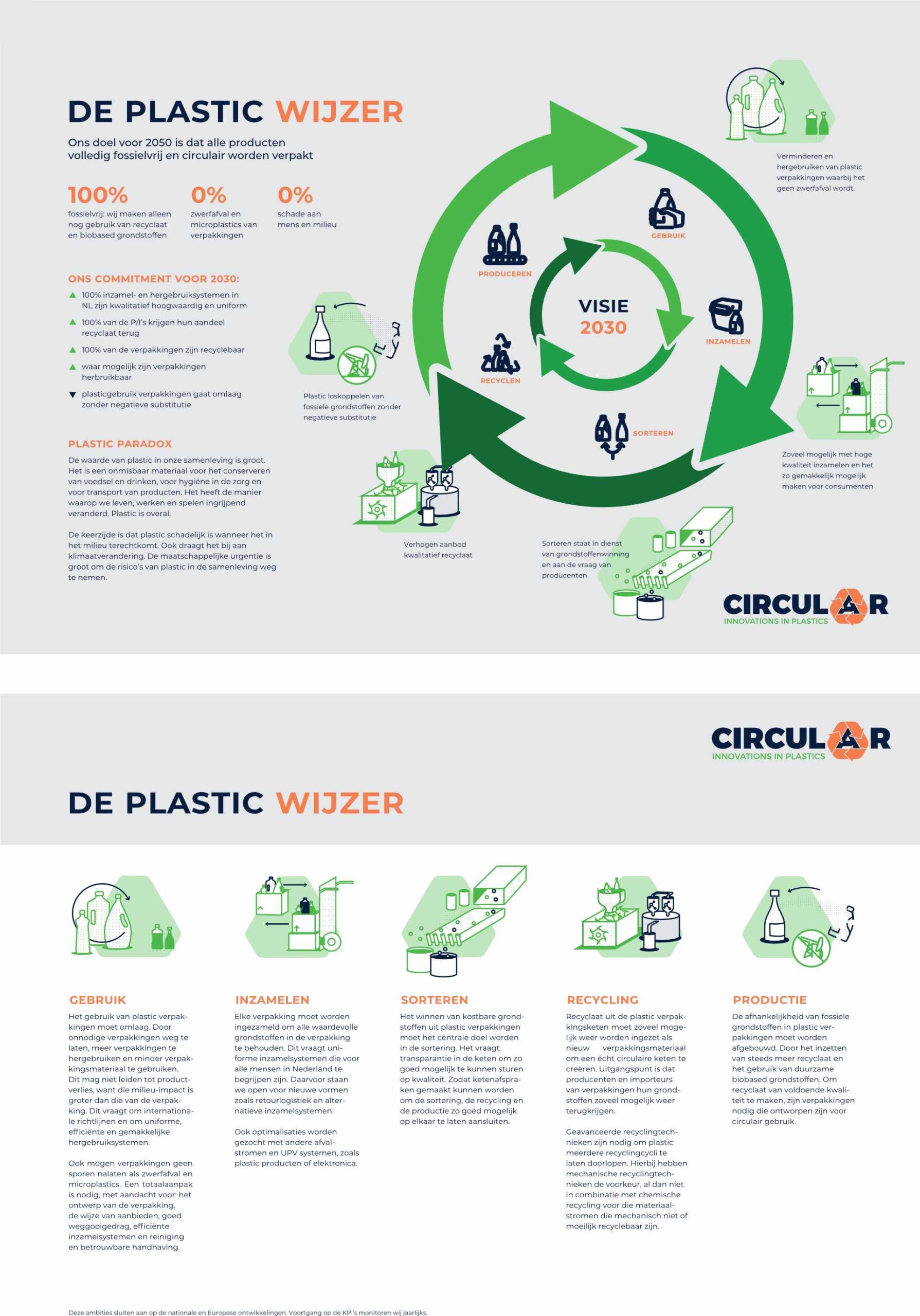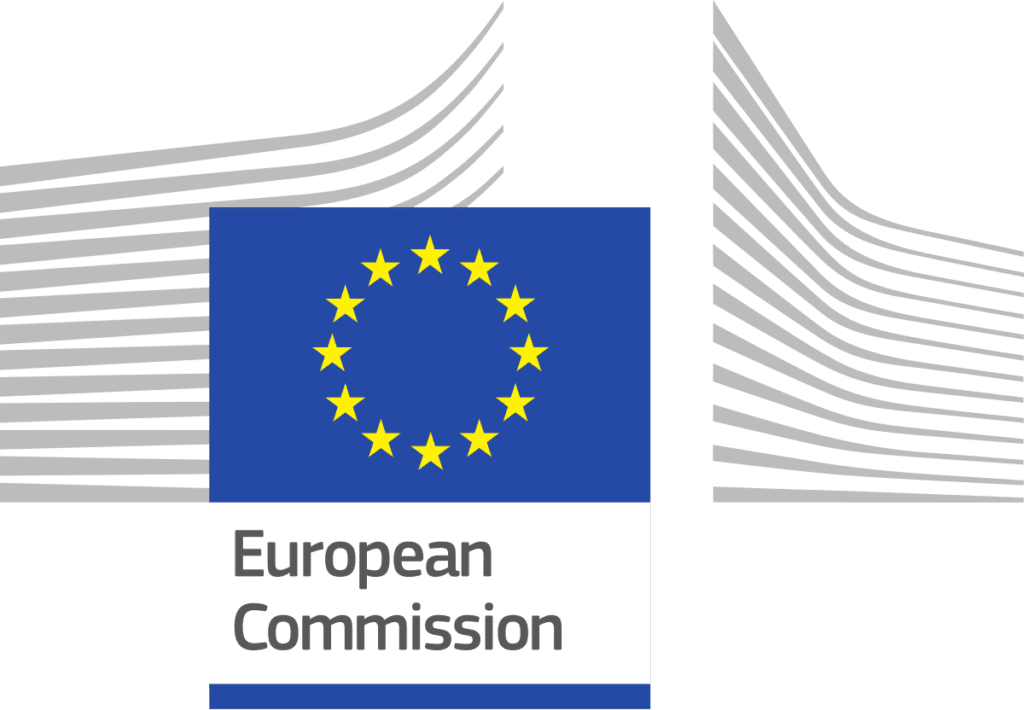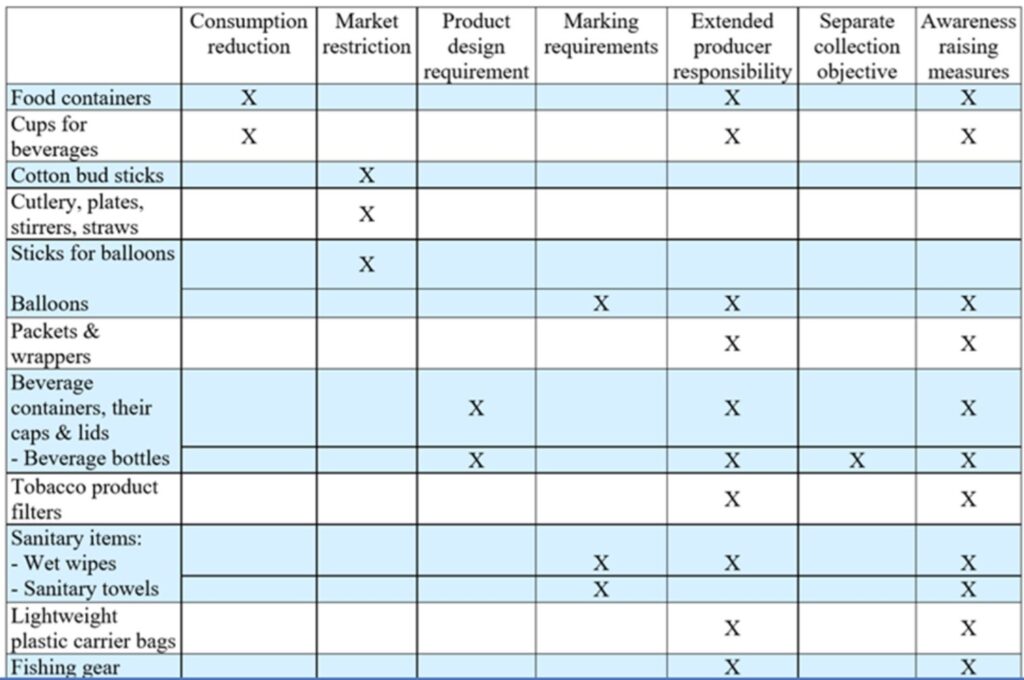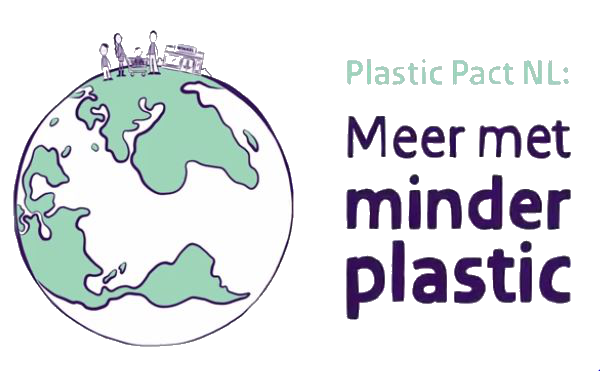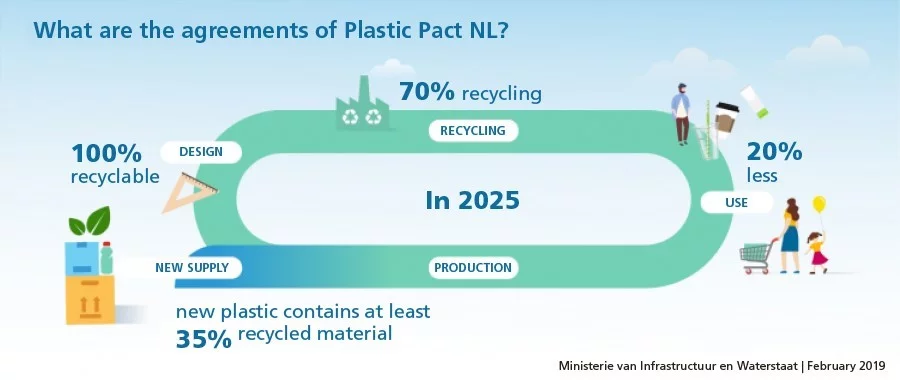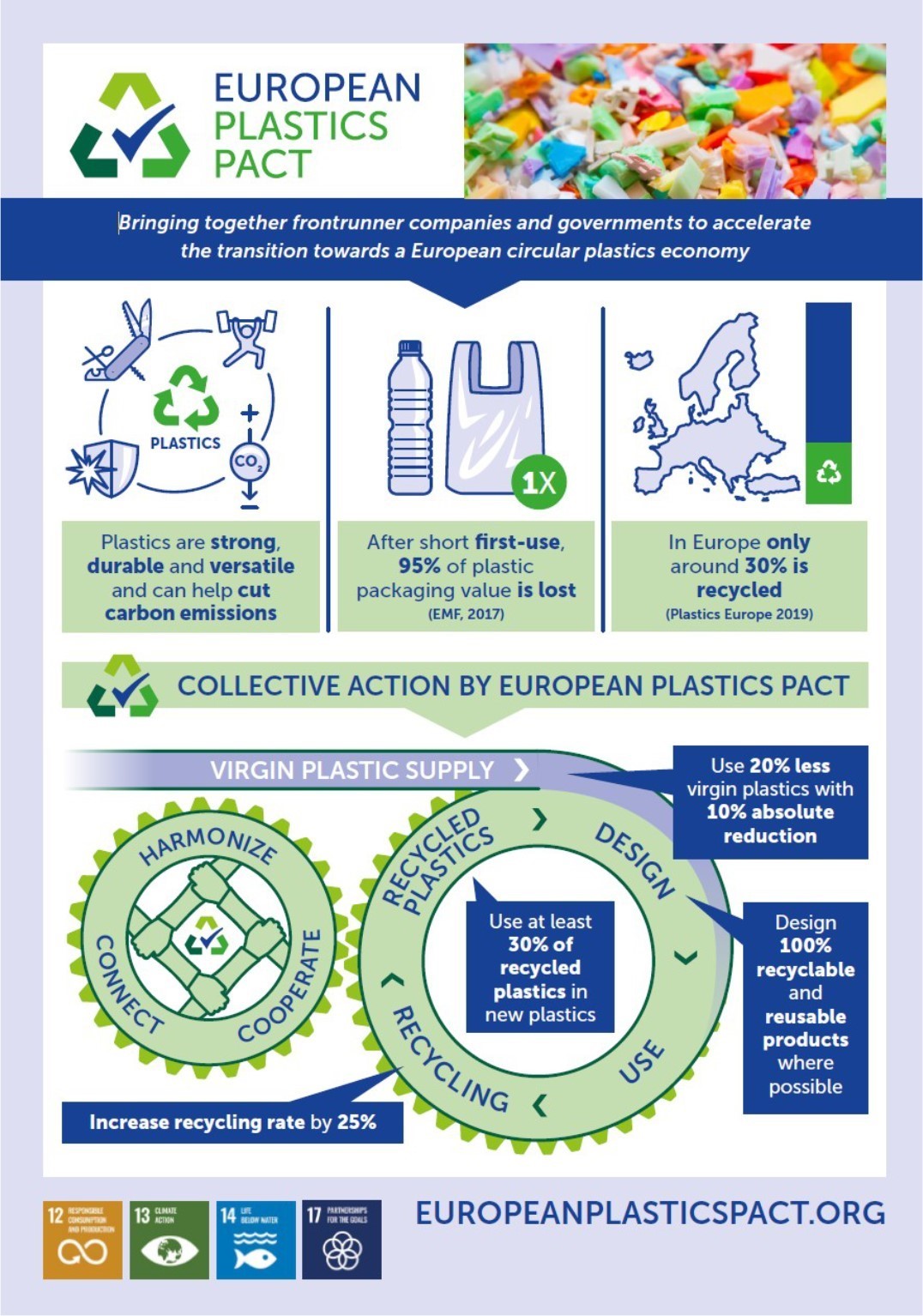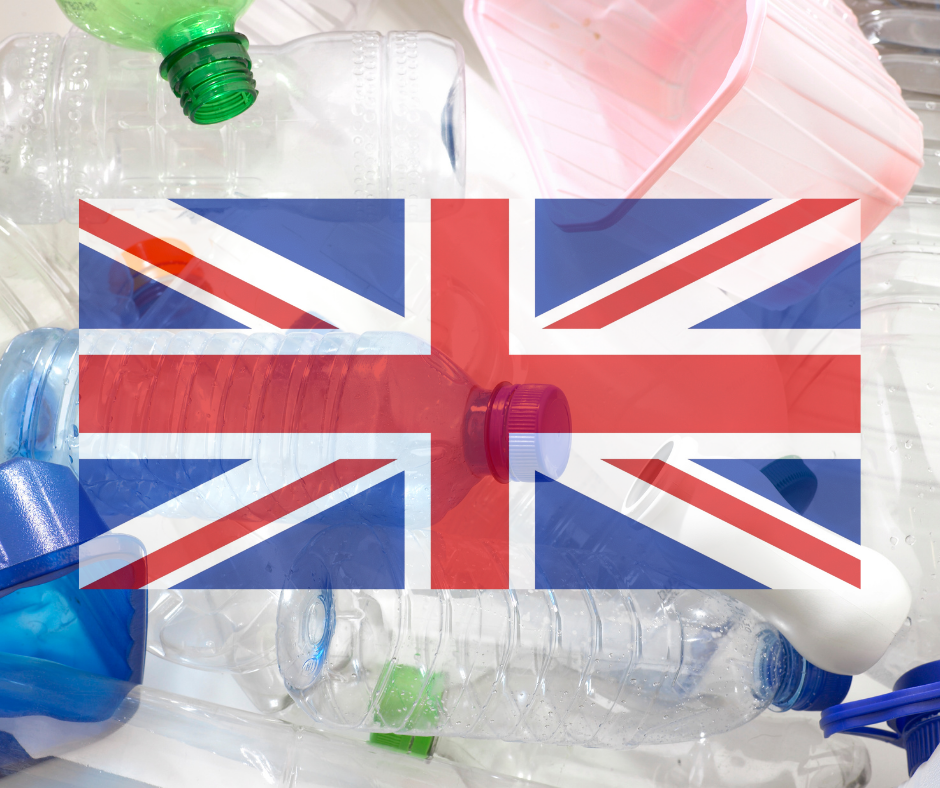ENVIRONMENTAL LEGISLATION
Circular Plastics Alliance has a cast-iron motto: “Citius, altius, fortius”. That’s Latin for “faster, higher, stronger”, which is exactly what we aim to be. Our aim is to improve much faster, achieve higher recycling targets and build stronger partnerships. In this way, we can fulfil our goals faster than any legislation.
We not only make promises, we make them happen.
We want to go above and beyond the environmental laws and agreements mentioned below because we believe that things can always be done even better, together with you.
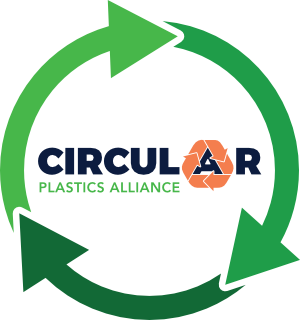

2018: European Parliament and European Council directives
These guidelines aim for certain plastic products to have a reduced impact on the environment.
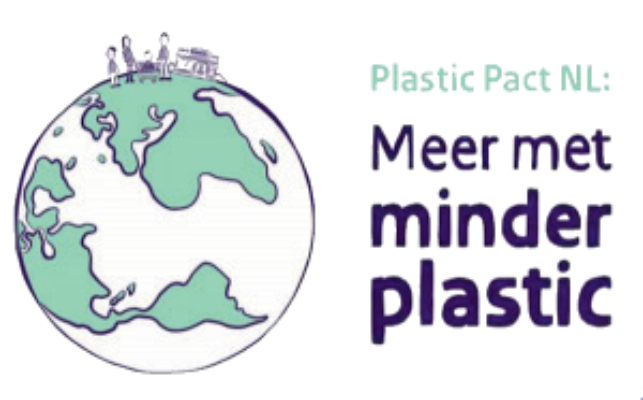
2019: Plastic Pact Nederland
This pact was signed by 79 parties (including manufacturers, retailers and the Ministry of Infrastructure and Water Management). In doing so, they took a first step towards making single-use plastic products and packaging more sustainable and suitable for reuse.

2020: European Plastic Pact
Leading companies and governments are working together within this pact at the European level. With this pact, they aim to accelerate the transition to a circular plastic economy in Europe.
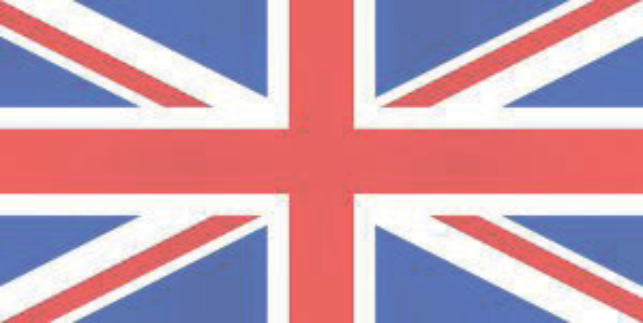
2022: Plastic Packaging Tax UK
This tax encourages companies in the UK to use more recycled plastic when producing plastic packaging.
